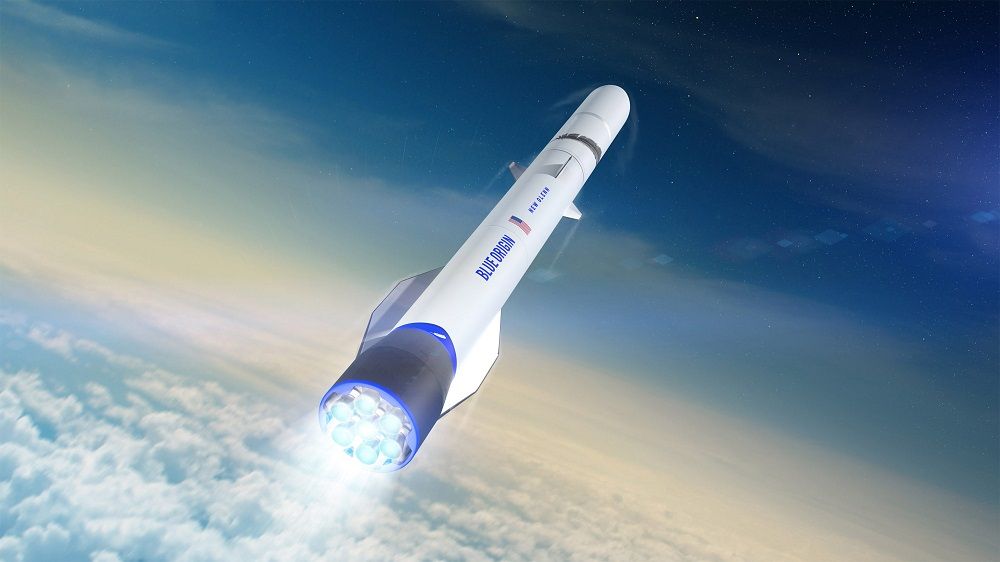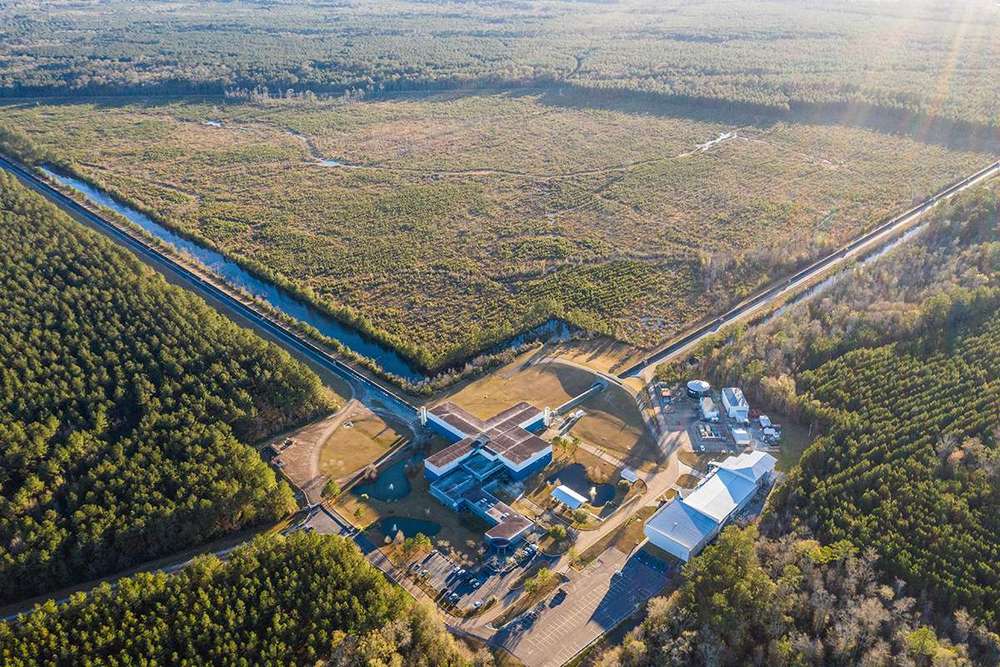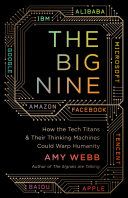Is a series on threats posed by #ArtificialIntelligence.
Intro.


COLORADO SPRINGS — Blue Origin wants the U.S. Air Force to wait until 2021 before picking the two companies it intends use for launching critical military satellites in the decade ahead.
The Air Force, however, aims to solicit proposals this spring and choose its two preferred launch providers in 2020 — perhaps a year or more before the new rockets that the Air Force is fostering at Blue Origin, United Launch Alliance and Northrop Grumman make their first flights.
All three companies were chosen in October by the Air Force Space and Missile Systems Center to share $2.3 billion in so-called Launch Service Agreement (LSA) funding to support development of next-generation rockets capable of meeting the military’s satellite launch needs.


COLORADO SPRINGS – Made in Space unveiled a product April 8 to help customers conduct interferometry missions on small satellites.
Possible applications for the new product, Optimast-Structurally Connected Interferometer (Optimast-SCI) include space situational awareness and detection of near-Earth objects, Andrew Rush, Made In Space president and chief executive, told SpaceNews.
Traditional space-based interferometry missions bring along large deployable structures to separate their telescopes or other instruments. Hinges and mechanical systems on the deployable structures allow them to be folded in launch fairings and extended in orbit.



Tesla has released a video showing the first delivery of a vehicle to a customer using a Tesla Semi electric truck prototype – showing a glimpse of a future with zero-emission electric vehicle deliveries.
Over the last few quarters since Model 3 production has been somewhat sustainable at high volume, Tesla has had issues delivering the high numbers of vehicles.
At one point, it even started building its own car carriers and more recently, the company bought car-hauling trucks and trailers with $13 million in equity.

New book calls Google, Facebook, Amazon, and six more tech giants “the new gods of A.I.” who are “short-changing our futures to reap immediate financial gain”.
A call-to-arms about the broken nature of artificial intelligence, and the powerful corporations that are turning the human-machine relationship on its head.
We like to think that we are in control of the future of “artificial” intelligence. The reality, though, is that we—the everyday people whose data powers AI—aren’t actually in control of anything. When, for example, we speak with Alexa, we contribute that data to a system we can’t see and have no input into—one largely free from regulation or oversight. The big nine corporations—Amazon, Google, Facebook, Tencent, Baidu, Alibaba, Microsoft, IBM and Apple—are the new gods of AI and are short-changing our futures to reap immediate financial gain.
In this book, Amy Webb reveals the pervasive, invisible ways in which the foundations of AI—the people working on the system, their motivations, the technology itself—is broken. Within our lifetimes, AI will, by design, begin to behave unpredictably, thinking and acting in ways which defy human logic. The big nine corporations may be inadvertently building and enabling vast arrays of intelligent systems that don’t share our motivations, desires, or hopes for the future of humanity.